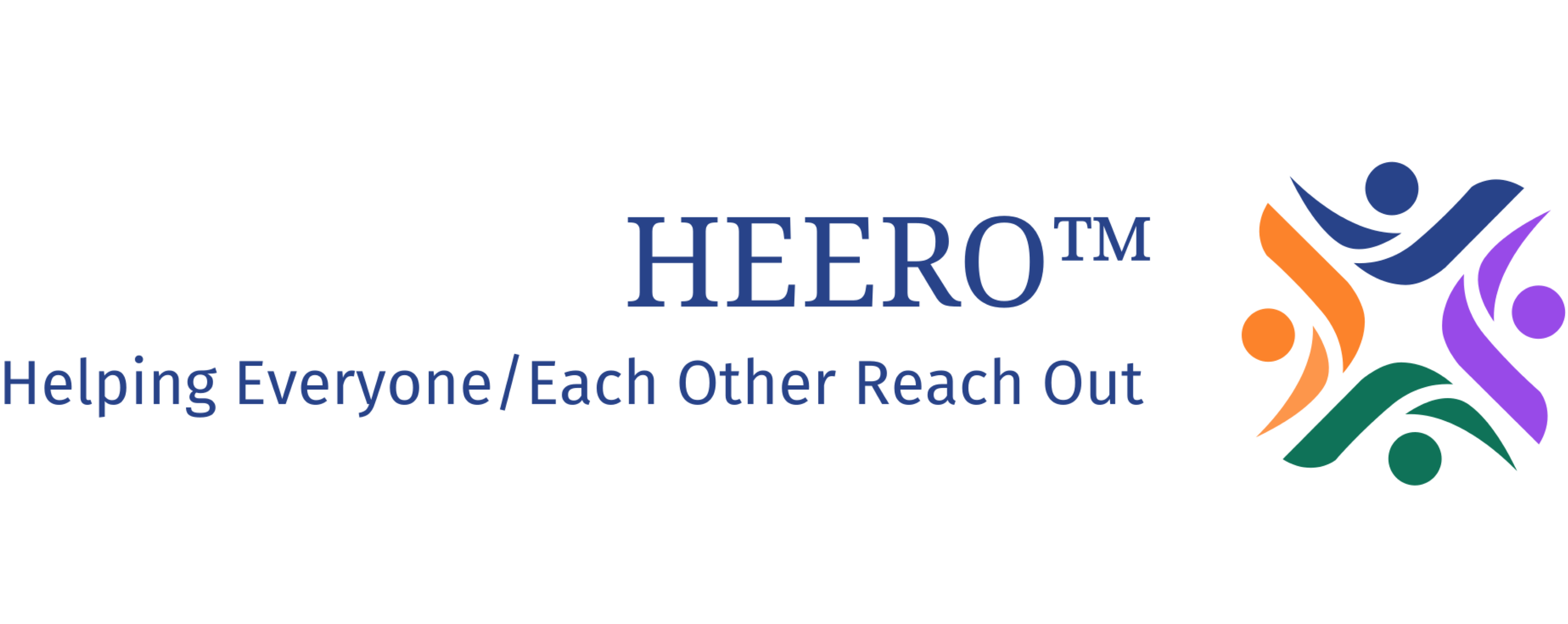What is HEERO™ ?
HEERO™ stands for “Helping Everyone/Each Other Reach Out”. It is a dynamic practice approach to working with people that focuses on participants supporting each other in building networks of support. It empowers people to believe they deserve this network and have both the capacity and courage to reach out.
What is involved?
HEERO™ is a 3 part process:
1. Workshops
2. Ongoing Individual Network Meetings
3. Ongoing Peer Support Meetings
Who participates?
The approach is designed for youth involved in child welfare and juvenile justice systems as well as adults who are caregivers with children involved in child welfare or juvenile justice systems. And can extend beyond to other participant groups needing a network. Participant groups are structured based on involvement with a particular agency, similar lived experiences, and developmental stage. This approach can apply to any system engaging participants who have experienced adversity, such as Adverse Childhood Experiences (ACEs), and would benefit from natural supports to help balance the toxic stress and potential negative consequences, including of isolation and loneliness.
How long is a workshop?
A youth workshop usually requires 2-3 days to complete. An adult workshop usually requires 2 days.
How many network meetings and peer support meetings are there?
These meetings are ongoing. The goal is that they become self-sustaining and systemic support outside of the network is no longer required.
What is a peer navigator?
They are people with lived experience who have credibility and understanding of the journeys the participants may go through, unmatched by professional supports. Our Staff Peer Navigators for example, are former youth in care who have participated in HEERO™ and demonstrated capacity as youth leaders.
What is the role of a peer navigator?
Peer Navigators act as co-facilitators of HEERO™ workshops and staff trainings. They lead activities, share lived experiences and offer hope regarding the process of building a network while validating participants’ worries from a place of knowing. Peer navigators often take on the role of helping to engage, re-frame, and constructively challenge participants in both group and individual activities.
